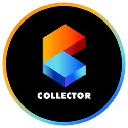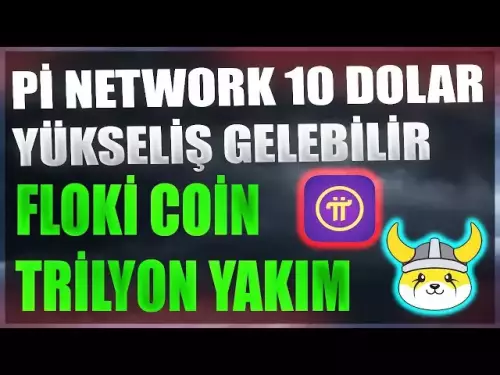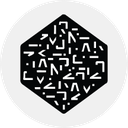-
 bitcoin
bitcoin $114050.498472 USD
2.69% -
 ethereum
ethereum $4371.902473 USD
1.67% -
 xrp
xrp $2.995548 USD
1.55% -
 tether
tether $1.000215 USD
0.04% -
 bnb
bnb $892.359281 USD
1.43% -
 solana
solana $224.837338 USD
4.00% -
 usd-coin
usd-coin $0.999716 USD
-0.03% -
 dogecoin
dogecoin $0.246520 USD
3.37% -
 tron
tron $0.341142 USD
1.74% -
 cardano
cardano $0.886598 USD
2.57% -
 hyperliquid
hyperliquid $55.973026 USD
5.62% -
 chainlink
chainlink $23.669165 USD
2.89% -
 ethena-usde
ethena-usde $1.000760 USD
-0.02% -
 sui
sui $3.612536 USD
3.80% -
 stellar
stellar $0.388361 USD
4.33%
How to use Etherscan
Etherscan is a powerful Ethereum blockchain explorer that enables users to verify transactions, track wallet balances, and analyze smart contracts in real time.
Jul 13, 2025 at 11:07 am
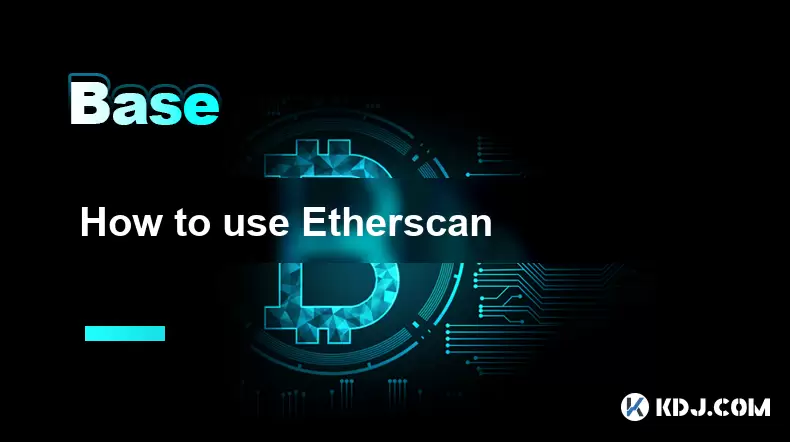
What Is Etherscan and Why Should You Use It?
Etherscan is a blockchain explorer specifically designed for the Ethereum network, allowing users to search, verify, and analyze transactions, smart contracts, and wallet addresses. Unlike traditional financial systems, where transaction details are hidden behind centralized institutions, blockchain transparency enables anyone to access this information freely through tools like Etherscan. Whether you're sending or receiving ETH, interacting with decentralized applications (dApps), or deploying smart contracts, Etherscan provides real-time insights into all Ethereum-based activities.
The platform supports not only native Ethereum transactions but also ERC-20 tokens, ERC-721 NFTs, and other token standards built on top of the Ethereum blockchain. This makes it an essential tool for developers, investors, traders, and everyday users who want to ensure their transactions are processed correctly and securely.
How to Look Up a Transaction on Etherscan
To begin exploring Ethereum data, navigate to etherscan.io. In the search bar at the top, paste a transaction hash, wallet address, or contract address. Pressing Enter will take you directly to the relevant page.
If you're verifying a transaction, locate the transaction ID (hash) from your wallet or exchange interface after sending or receiving funds. Paste this hash into the search bar and hit Enter. The resulting page will show detailed information such as:
- From and To addresses
- Transaction value in ETH and USD equivalent
- Gas fees paid
- Block confirmation status
Each section is clearly labeled, and clicking on any linked address or block number will allow further exploration of related data.
How to Check Your Ethereum Wallet Balance
Checking your wallet balance is one of the most common uses of Etherscan. Begin by entering your public Ethereum address into the search bar. Once on your wallet's overview page, you'll see:
- Total ETH balance
- Token balances (ERC-20, ERC-721, etc.)
- Number of outgoing and incoming transactions
Under the 'Transactions' tab, you can view a full history of all activity associated with that wallet. Each entry includes timestamps, transaction hashes, and links to related blocks. For privacy reasons, never share your private key or seed phrase—only your public address should be used for lookups.
Additionally, under the 'Internal Transactions' tab, you can explore interactions initiated by smart contracts on behalf of your wallet.
How to Verify Smart Contract Code on Etherscan
Developers often deploy smart contracts to the Ethereum network. If you interact with a contract, it’s crucial to verify its source code to ensure it behaves as expected. Here's how:
- Navigate to the contract address via the search bar.
- Click on the 'Contract' tab.
- If the contract has been verified, you’ll see a green checkmark next to the label 'Contract source code verified.'
- Clicking on 'Read Contract' lets you view publicly accessible functions without executing them.
- Use the 'Write Contract' feature to interact with the contract if connected via MetaMask or another Web3 wallet.
Verifying source code ensures transparency and reduces the risk of engaging with malicious contracts. Developers can submit their code for verification using the Etherscan verification tool, which requires providing compiler settings and source files.
How to Track Gas Fees and Network Congestion
Etherscan offers real-time tracking of gas prices and network congestion. At the top of the homepage, click on the 'Gas Tracker' link to open a dedicated page showing:
- Current average gas price in Gwei
- Fast, standard, and slow transaction speeds
- Estimated time for each speed option
You can also access this data through the 'Tools' menu. By monitoring gas trends, users can optimize when to send transactions to avoid high fees during peak times. The Etherscan Gas Chart displays historical gas usage over 24 hours, 7 days, or 30 days, helping users make informed decisions about transaction timing.
For advanced users, Etherscan provides custom gas settings, allowing manual input of gas price and limit before broadcasting a transaction.
Frequently Asked Questions (FAQ)
Q: Can I use Etherscan for other blockchains like Binance Smart Chain or Polygon?A: Etherscan primarily supports the Ethereum blockchain. However, similar explorers exist for other chains—like BscScan for Binance Smart Chain and Polygonscan for Polygon.
Q: Does Etherscan store my private keys or personal data?A: No, Etherscan does not store private keys or sensitive user data. It only indexes publicly available blockchain data. Always keep your private keys secure and offline.
Q: How do I know if a transaction is confirmed on Etherscan?A: On the transaction page, look for the 'Status' field. If it shows 'Success,' the transaction has been confirmed. If it shows 'Pending,' it's still being processed by the network.
Q: Can I cancel a transaction once it’s sent through Etherscan?A: Once a transaction is broadcast to the Ethereum network, it cannot be canceled. However, if it's stuck as 'Pending,' you may attempt to speed it up or replace it using MetaMask or other wallets that support custom nonce management.
Disclaimer:info@kdj.com
The information provided is not trading advice. kdj.com does not assume any responsibility for any investments made based on the information provided in this article. Cryptocurrencies are highly volatile and it is highly recommended that you invest with caution after thorough research!
If you believe that the content used on this website infringes your copyright, please contact us immediately (info@kdj.com) and we will delete it promptly.
- MAGACOIN FINANCE: The Presale Pick Leading the 2025 Race
- 2025-09-12 00:25:13
- Etheria: Restart Heats Up with New Heroes and a Boss Battle!
- 2025-09-12 00:25:13
- Figure's IPO: A Blockchain Valuation Story
- 2025-09-12 00:30:01
- MiCA License, SportFi, and Blockchain: A New Era for Sports Engagement
- 2025-09-12 00:30:01
- Seoul's Crypto Embrace: Tax Breaks and a New Era for Firms
- 2025-09-12 00:30:01
- Rare UK 50p Coins: Unearthing Hidden Treasures in Your Pocket Change
- 2025-09-12 00:30:25
Related knowledge
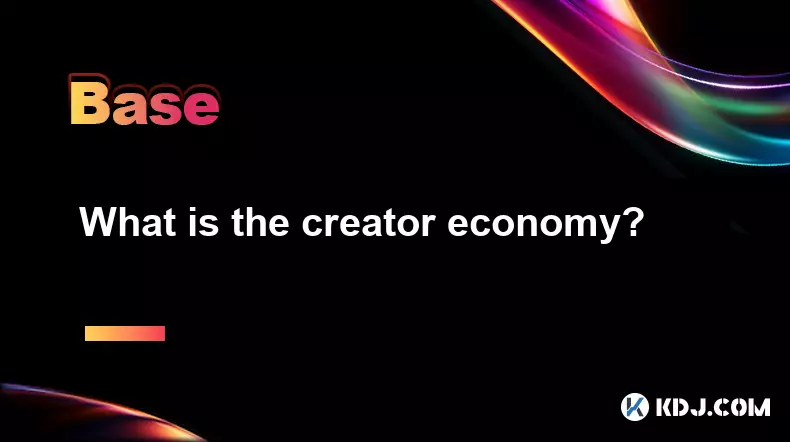
What is the creator economy?
Sep 10,2025 at 02:54am
Understanding the Creator Economy in the Digital Age1. The creator economy refers to a digital ecosystem where individuals produce content, build audi...
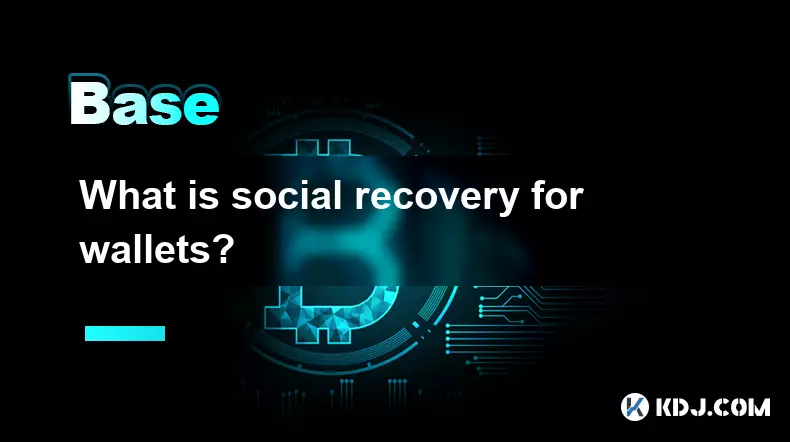
What is social recovery for wallets?
Sep 09,2025 at 09:54am
Understanding Social Recovery in Cryptocurrency Wallets1. Social recovery is a security mechanism designed to help users regain access to their crypto...

What is DeFiLlama?
Sep 10,2025 at 09:18am
What Is DeFiLlama and Why It Matters in the Crypto Space1. DeFiLlama is a data analytics platform that focuses on decentralized finance (DeFi) protoco...

What is CoinGecko?
Sep 11,2025 at 06:18am
What is CoinGecko?CoinGecko is a cryptocurrency data aggregator that provides real-time information on digital asset prices, trading volumes, market c...
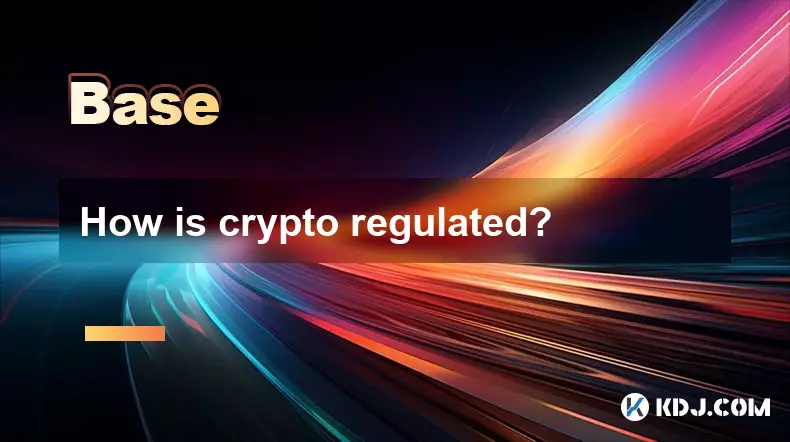
How is crypto regulated?
Sep 10,2025 at 04:18pm
Understanding the Framework of Crypto Regulation1. Governments and financial authorities around the world have taken varied approaches to regulating c...
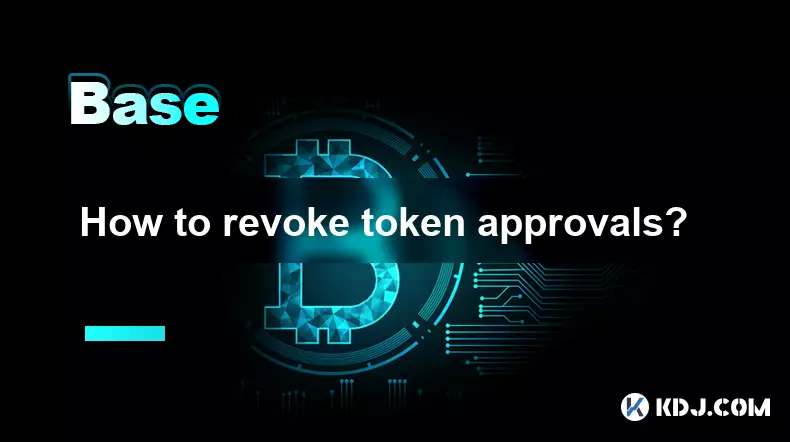
How to revoke token approvals?
Sep 09,2025 at 12:18am
Understanding Token Approvals in the Crypto Ecosystem1. Token approvals are a foundational component of blockchain interactions, especially within dec...

What is the creator economy?
Sep 10,2025 at 02:54am
Understanding the Creator Economy in the Digital Age1. The creator economy refers to a digital ecosystem where individuals produce content, build audi...

What is social recovery for wallets?
Sep 09,2025 at 09:54am
Understanding Social Recovery in Cryptocurrency Wallets1. Social recovery is a security mechanism designed to help users regain access to their crypto...

What is DeFiLlama?
Sep 10,2025 at 09:18am
What Is DeFiLlama and Why It Matters in the Crypto Space1. DeFiLlama is a data analytics platform that focuses on decentralized finance (DeFi) protoco...

What is CoinGecko?
Sep 11,2025 at 06:18am
What is CoinGecko?CoinGecko is a cryptocurrency data aggregator that provides real-time information on digital asset prices, trading volumes, market c...

How is crypto regulated?
Sep 10,2025 at 04:18pm
Understanding the Framework of Crypto Regulation1. Governments and financial authorities around the world have taken varied approaches to regulating c...

How to revoke token approvals?
Sep 09,2025 at 12:18am
Understanding Token Approvals in the Crypto Ecosystem1. Token approvals are a foundational component of blockchain interactions, especially within dec...
See all articles


















